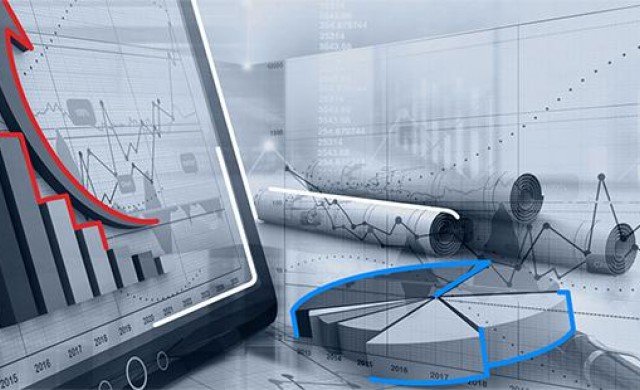Choosing a suitable broker is the first and, to a great extent, a critical step for success in the financial markets.
- Where is the broker's headquarters and what is his regulation?
This is the first question you have to start with and which should largely determine your choice. It is good to gravitate to brokers with headquarters in an EU country. Here, too, not all EU Member States are of the same high regulation and you must be extremely careful.Check what is the size of the bankruptcy collateral in a country.You have to be especially suspicious when a broker is located in an offshore zone or another country outside the EU.In such a case, you must first examine the legislation and regulations in that country and what is the amount of bankruptcy funds before sending your funds to the account. If you can not do this yourself, it is advisable to consult a lawyer.
- STP / ECN or Market Maker
It is important to check your broker - STP / ECN or market maker?STP brokers or brokers without dealerships simply connect customers with liquidity providers. On the other hand, ECN brokers provide you with direct access to foreign exchange markets. This kind of brokers usually charge their clients with a commission for their services, with their spreads varying.In contrast, market makers stand in practice as a counterpart against their clients, which may be a serious negative. The advantage of these brokers is that they often offer fixed spreads, making them convenient for traders who scalp.However, the disadvantage is that they are often registered in countries with very weak regulation and protection of investors' capital.

- The Opportunities of the Trading Platform
This is another important factor in choosing a broker to trade with.What is the interface, what are the graphical and analytical capabilities, the influx of news and social networking for trading, can you run autonomous trading systems, etc.? These are just some of the questions that may determine your choice.The MT4 Supreme Edition trading platform offers over 60 additional indicators to help you trade. Including Volatility Protection.Of course, before you trust a platform, you must test it. Almost all brokers are able to do this by registering a free demo account.
- Fees, commissions, and trading conditions
One of the key criteria when choosing a forex broker is the fees and commissions that are collected when making deals.In a world of extreme competition among market participants, it can be said that most of the brokers offer very competitive and similar offers in terms of fees and commissions. However, a broker may always be "cheaper than another".Experience the platform's opportunities and trading conditions without risk of losing real capital with a free demo account from Admiral Markets.
- What are the added benefits and feedback for the broker?
Some brokers are better than others, not just for their image and regulation. They often offer additional bonuses and services to their clients.For example, it may be critical for investors whether the broker they are looking for offers a "negative balance policy", a situation where, in adverse circumstances, traders can not lose more than their capital.Keep in mind that most brokers do not have such conditions, and you may experience the unpleasant situation in which you owe money if the loss exceeds the amount of your funds.It is also important that you will receive training materials and analytics from your broker, you will have access to free seminars and webinars, and so on. Serious brokers will try in any way to increase the investor knowledge and skills of their clients.Another thing you can do is look at the opinion of the other traders for the broker you've stopped. Do this online (in dedicated forex sites and blogs) and offline (among friends and acquaintances).Of course, always have one mind. What is good for a trader does not necessarily have to be the best for you.
- Benefits related to flexibility, timing and fees for transferring funds
he local branch of a foreign broker guarantees you the quickest transfer of funds to and from your trading account. And at an extremely low price. When making a bank transfer, it happens within a day if you are transferring to another bank or immediately if you are translating from the same bank as your chosen broker.By way of comparison, a direct bank transfer to a foreign broker will involve serious charges to and from your trading account. In addition, this transfer will also require time or may result in the loss of investment opportunities.

- You will have support in your native language
When you open an account with an international broker with a local branch, the quality of maintenance and customer service is usually much higher. At least it will be in your native language.You will be able to call and get help with technical issues related to the platform or other issues.
- For more interesting posts Follow my channel @loobz Cheers!